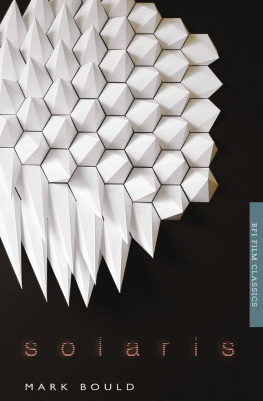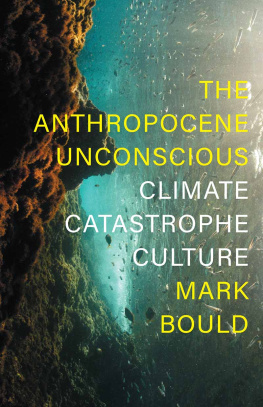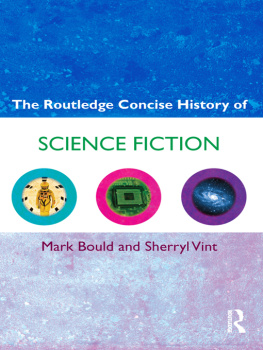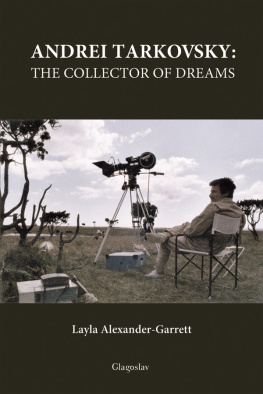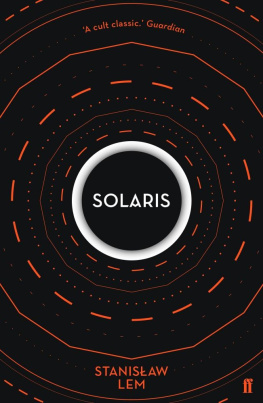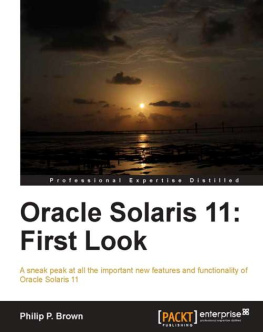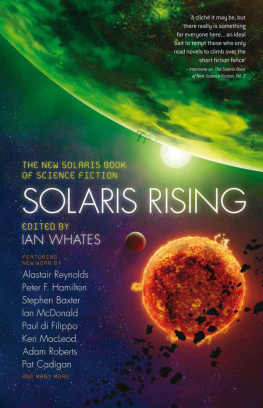BFI Film Classics
The BFI Film Classics is a series of books that introduces, interprets and celebrates landmarks of world cinema. Each volume offers an argument for the films classic status, together with discussion of its production and reception history, its place within a genre or national cinema, an account of its technical and aesthetic importance, and in many cases, the authors personal response to the film.
For a full list of titles available in the series, please visit our website: www.palgrave.com/bfi
Magnificently concentrated examples of flowing freeform critical poetry.
Uncut
A formidable body of work collectively generating some fascinating insights into the evolution of cinema.
Times Higher Education Supplement
The series is a landmark in film criticism.
Quarterly Review of Film and Video
Possibly the most bountiful book series in the history of film criticism.
Jonathan Rosenbaum, Film Comment
Editorial Advisory Board
Geoff Andrew, British Film Institute
Edward Buscombe
William Germano, The Cooper Union for the Advancement of Science and Art
Lalitha Gopalan, University of Texas at Austin
Lee Grieveson, University College London
Nick James, Editor, Sight & Sound
Laura Mulvey, Birkbeck College, University of London
Alastair Phillips, University of Warwick
Dana Polan, New York University
B. Ruby Rich, University of California, Santa Cruz
Amy Villarejo, Cornell University
an epigraph is a collection of words
Andrei Tarkovksy

Contents
This book could not have been written without the love, support, help, friendship, encouragement, tolerance, patience and commentary, often sarcastic, of Andrew M. Butler, Istvan Csicsery-Ronay, Jr., Pawe Frelik (who always delivers), Andrea Gibbons, Kathrina Glitre, Roger Luckhurst, China Miville, Greg Waterworld is a remake of Solaris Tuck, Sherryl Vint, Rhys Williams and, of course, Billy. Blame them. Thanks also to Thee Faction for the soundtrack, and to Jenna Steventon, Sophie Contento and Chantal Latchford for all their editorial support.
By rights, I should not like Tarkovsky.
This realisation has taken a mere three decades to percolate. Over time, his obsession with his father, and his rather different obsession with his mother, have become every bit as tiresome as anything in Spielbergs Oedipal playbook. And if there were always bits in Tarkovskys films that left me a bit uncomfortable, his book, Sculpting in Time (1987), and some of his interviews are even more discomfiting. His films idiosyncratic temporalities, elusive images and narrative ellipses grant a certain leeway, but his words are much less ambiguous. They reveal a misogynist, an elitist, a particularly Russian kind of Blut und Boden nationalist, who was always hidden there in plain sight.
If that were not bad enough, he also bangs on constantly about spirituality and the soul, and insists there is no room for politics in art, despite all the politics in his art.
Like I said, there is no way I should like Tarkovsky.
And yet.
I remember that Sunday afternoon in November 1982. Channel 4, less than three weeks old, broadcast Solaris as part of an international film season. I nabbed my brothers twelve-inch black-and-white portable and sat down to watch. I was fourteen. My palate was already too jaded for that summers Tron or, worse yet to come, that winters E.T: The Extra-Terrestrial. I had spent the month since my birthday reading and re-reading the tie-in paperback of Philip K. Dicks Do Androids Dream of Electric Sheep? (1968), mulling over the differences between it and Ridley Scotts just-released Blade Runner, and the previous afternoon puzzling over Stanisaw Lems Solaris (1961), which I had found in my local public library. Such were my hilariously awkward, autodidactic teens.
And while Lems novel did help me make some sense of Tarkovskys film, it did not prepare me for it. Solaris did things I did not know films could do. From the opening shots of plant tendrils wafting in streaming water, I was mesmerised. Being hooked on Tarkovsky was no mean feat back then, especially for a penniless, geeky, working-class kid in a provincial forces town. Even after the video-nasty ban, it was harder to see anything by Tarkovsky than it was to pick up a copy of Tobe Hoopers The Texas Chain Saw Massacre (1974), the other film I first saw mid-teens that continues to astonish me.
This is not an irreverent comparison. In September 1979, Tarkovsky watched Lucio Fulcis Zombi II in a cinema in Rome, Perhaps he knew there would be other opportunities to see something as respectable as the new Alain Resnais film, but figured it might be his only chance to see the post-Vietnam American psyche splayed out in some brutal grindhouse trash. (Sadly, James Glickenhauss vigilante flick, wanting to be both sleazy and slick, fails twice over. There is nothing in it or the rest of his really rather dull oeuvre or Fulcis or, maddeningly, Hoopers to match the cinematic smarts of Chain Saw Massacre.)
This sense of grabbing hold of a fleeting possibility was, for me, part of Tarkovksys appeal. Not only were his films different, they were elusive far more so than The Exterminator, its poster slowly fading in every video store window in the UK and that extra layer of obscurity really mattered. It still does. Once this book was commissioned, my first quite ridiculous move was to track down recordings by a Hungarian prog-rock/space-rock band called Solaris. And the one-track album Solaris recorded by Andrew Chalk and Christoph Heemanns under the name Mirror. And Photeks album Solaris. And VIRs EP that features a track called Solaris,Unearned. Like watching Tarkovskys films, so widely available these days, now feels.
Tarkovsky insisted that children understood his films,
Tarkovsky repeatedly returns to a pantheon of composers (Bach, Beethoven, Pergolesi, Purcell), of artists (Brueghel, Drer, Leonardo, Rembrandt and Andrei Rublev, whose Trinity is glimpsed in Solaris), of poets, authors and playwrights (especially his own father, Arseny, but also Shakespeare, Cervantes, Dante and Pushkin, whose death-mask also appears in Solaris). These high-cultural references appeal to certain kinds of cultural capital, rewarding viewers who recognise and thus can puzzle over their possible meanings; at the same time, Tarkovskys frequently autobiographical material positions him among such luminaries. Arguably, this is why his films have typically been received in terms he helped to establish, as serious and significant works of art, with cinephiles and arthouse denizens, critics and theorists, artists and philosophers tending to emphasise his unique style and metaphysical, even spiritual, concerns.
But it is not the only reason. In the Cold War west, there was political value and romantic appeal in championing an artist struggling against a potentially lethal Soviet bureaucracy even if Tarkovsky did not suffer the overt persecution faced by Sergei Parajanov, the several-times-imprisoned director of The Colour of Pomegranates

